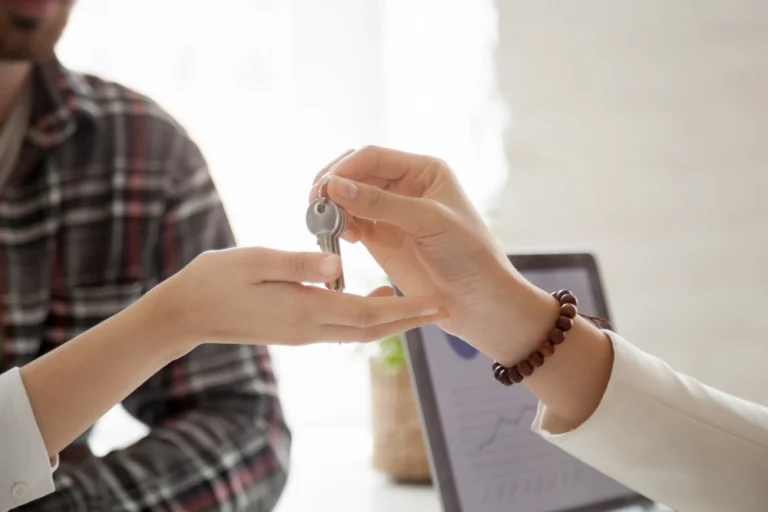Entre Trámites » Calculators » Rental Profit Calculator
Spanish Rental Profit Calculator
Calculate if it would be profitable for you to buy a property and then rent it. Learn about all the taxes associated with it too.
Make the most of your investment in rental properties in Spain!
Clear all your doubts about taxation and accounting in Spain in a free 30-minute consultation.
What do I need to calculate the profitability of renting in Spain?
Investing in rental properties can be a profitable financial strategy, but it is essential to understand how to calculate the rental cost efficiency and take into account the associated taxes and expenses.
Therefore, here we will explore how to calculate the profitability of a rental property in Spain, detailing the taxes to be paid, the net and gross rental profitability, the time needed to recover your investment, and other potential expenses.

Spanish Rental Profit Calculator
To calculate the profitability of renting in Spain, two key indicators are used: the gross profitability and the net profitability of the lease.
Gross rental profitability:
Gross profitability is calculated by dividing the gross annual income by the value of the property and multiplying by 100:
Gross Profitability = (Annual Gross Income / Property Value) x 100.
The gross annual income is the sum of all the income generated by renting the property during a year, such as the monthly rent multiplied by 12.
Net rental profitability:
Net profitability takes into account the expenses associated with the property.
It is calculated by subtracting the total annual expenses from the annual gross income and dividing it by the value of the property. The formula is as follows:
Net return = ((Annual gross income – Annual total expenses) / Property value) x 100.
Total annual expenses may include taxes, community fees, insurance, maintenance expenses, and any other costs associated with the property.
What taxes should I consider when buying a new home?
When purchasing a new house in Spain, the following taxes must be considered:
VAT (Value Added Tax): VAT is levied on the purchase of new homes and is currently at a rate of 10% on the sale price.
IBI (Real Estate Tax): IBI is an annual municipal tax levied on property and is calculated based on the cadastral value of the property.
What taxes should I consider when buying a second-hand house?
When buying a second-hand house in Spain, the taxes to consider are:
IBI (Real Estate Tax): As in the case of a newly built house, IBI (Impuesto sobre Bienes Inmuebles) must be paid annually.
ITP (Property Transfer Tax): The ITP is applied to the sale and purchase of used properties and its rate varies according to the Autonomous Community, generally ranging between 6% and 10% of the value of the property.
What if I rent an apartment or house?
When renting a property in Spain, the tax to consider is:
IRPF (Personal Income Tax): The income generated by renting the property is subject to IRPF taxation. The amount to be paid will depend on the taxable base and the corresponding tax scale.
How long will it take me to recover my investment?
The time required to recover the investment made in a rental property may vary depending on several factors, such as purchase price, income generated, associated expenses, and market fluctuations.
In addition to the taxes mentioned above, it is important to consider other expenses such as investment expenses (e.g., renovation or furnishing costs) and maintenance expenses (repairs, insurance, etc.).
These expenses can affect the net return on investment and should be taken into account when calculating the profitability of a rental property in Spain.
You can explore more about the rental income calculation on the Tax Agency’s website.
